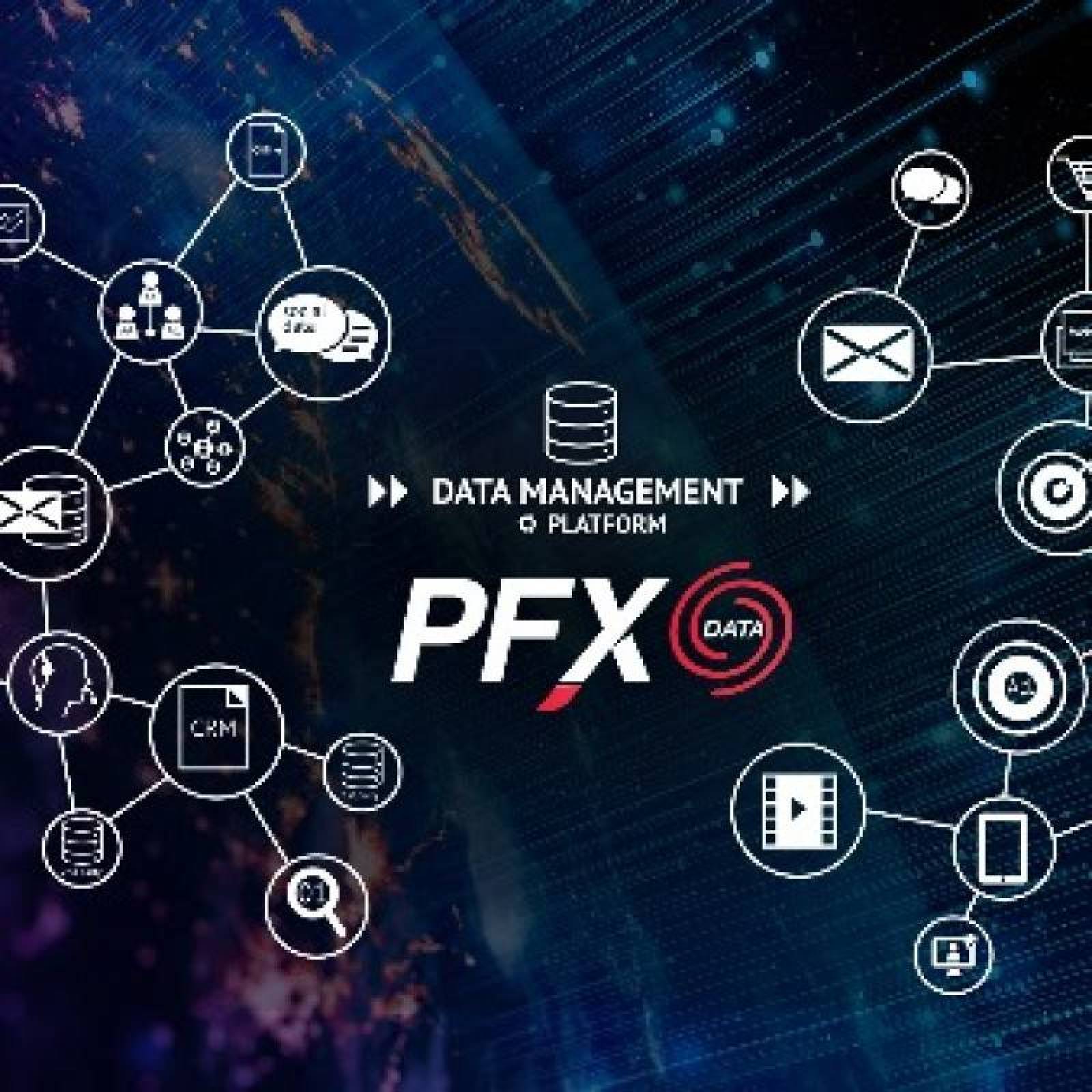Jgroup subsidiary Global World Media Services celebrates media partnerships with IMI
Jgroup subsidiary Global World Media Services celebrates media partnerships with IMI (International Media...
April 5, 2023 - 5 mins read

December 28, 2021 - 10 mins read

A data management platform (DMP) is a unifying platform to collect, organize and activate first-, second- and third-party audience data from any source, including online, offline, mobile, and beyond. It is the backbone of data-driven marketing and allows businesses to gain unique insights into their customers.
While big data is instrumental to effective data-driven marketing campaigns, you can’t do much with the raw information. You need it sorted and converted into a usable form, at least so you can understand what you’re looking at. This is the power of a DMP.
What Does a DMP Do?
A DMP collects and organizes data from a variety first-, second- and third-party data sources, and makes it available to other platforms such as DSPs, SSPs, and ad exchanges to be used for targeted advertising, personalization, content customization and beyond. Some people describe a data management platform as the “pipes” of ad tech — connecting many platforms in a neutral way so marketers can use their powerful audience data when and where they want.
How Does a DMP Work?
A DMP can collect unstructured audience data from any source, including desktop, mobile web, mobile app, web analytic tools, CRM, point of sale, social, online video, offline and even TV. A true DMP should collect audience data on more than a surface level, going far beyond things like URL and keyword information.
This first-party data — that is the data you own and have collected directly from your own customers — can be collected based on specific behaviors such as clicks, downloads, video uploads or video completions, interests like sports, football, parenting, museums and travel or demographic information. It can also include demographic data, socio-economic data, influencer and action data. As an example, a business can use a DMP to collect and organize data, then use that data to target a particular ad to moms who are 25-35, there are endless applications of a DMP.
What Do You Do With a Data Management Platform?
More important, however, is what you can do with all that data you collect. Here are just a few things you can focus on and what you can do with them:
Audience targeting and targeted advertising: Specify your audience and target their interests and needs via video, visuals and content
Content and product recommendations: Deliver personalized experiences for web and mobile users
TV DMP: Match your audiences across TV & digital so you can reach the same audience when and where they are ready to buy
Monetizing or selling data: Sell your valuable data for additional revenue
Audience enrichment: Learn more about your audience, beyond what they do when they’re on your website or other properties.
Grow your audience or customer base: Find a healthy supply of new customers to build brand loyalty
Paid search: Use DMP-driven audiences to target, suppress or dynamically update paid search campaigns
Paid social: Execute DMP-driven audience buys within social environments using Facebook and Twitter’s respective custom audience solutions
Now that we understand what a DMP is, the next question is how to implement it into your marketing strategy? The good news is, you shouldn’t have to change a thing.
Once the DMP starts collecting your data, you should be able to profile your existing customers and audience, extract meaning from your data, and improve campaigns for maximum marketing campaign performance.
A DMP should be the core of your marketing processes and strategies. The DMP can help you understand which advertising and marketing materials will resonate with your audience most, what content will get the most engagement from your customers and audience, and what message will inspire them to buy your products or pay for your services.
Suddenly your dreams of data-driven marketing can come true, and you can use the DMP to influence your campaigns for increased success.